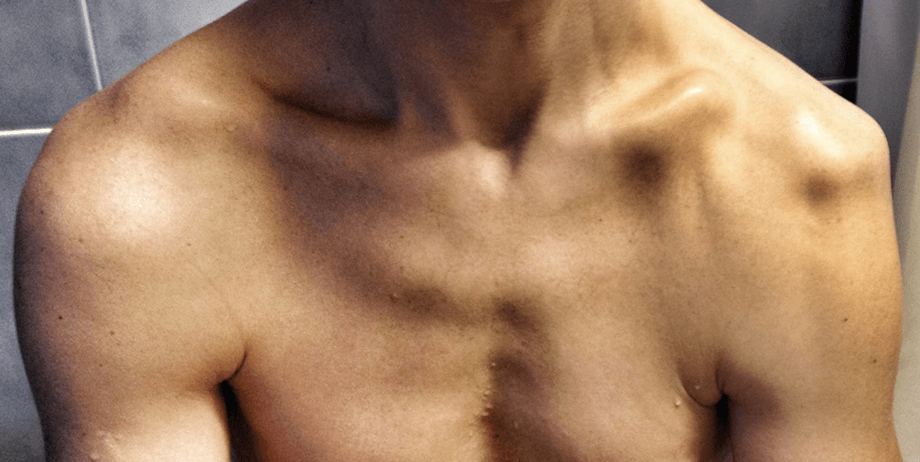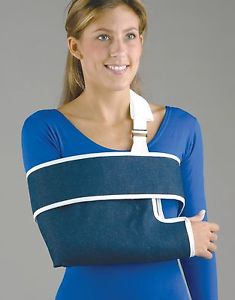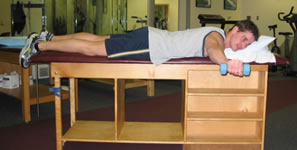|
BOOK NOW |
ASK ABOUT YOUR PAIN |
Home > Blog > Dislocated Shoulder and Physiotherapy
Dislocated Shoulder and Physiotherapy

A dislocated shoulder is a common injury in sports that are high impact and more often contact sports, such as rugby, mixed martial arts (MMA) or taekwando.
Shoulder dislocations can be very painful shoulder injuries, and most of the time, the patient will likely need to seek medical help and shoulder physiotherapy.
The patient with an acute shoulder dislocation needs to quickly see a doctor who can re-locate (push the bone back into its original position), as prolonged shoulder dislocation CAN can irreversible damage to the axillary nerve - this can cause a loss of strength, movement and strength in the injured arm.
post shoulder re-location

After the dislocated shoulder has been re-positioned back into its original position, the doctor will usually request for immobilization with a sling to protect the shoulder from anymore downwards force or force from the side that may re-dislocate the shoulder again.
Sling-using would be for at least 2-8 weeks, depending on
- severity of the dislocation
- severity/presence of any tears
- pain
During this time, patients will be taught gentle protected mobilization exercises to maintain range of motion and prevent joints from stiffening up.
hand therapy and physiotherapy post shoulder dislocation
Active hand therapy and physiotherapy treatments of course is best to start as early as possible...but please
- do not do any overhead arm movements
- do not participate in any sports for at least 8 weeks
- do be cautious as you move about
This is to ensure that your post-dislocation shoulder heals the best it can.
Physiotherapy for your shoulder can start once the orthopedic or sports doctor requests you to be medically off the sling and to start active therapy.
Our senior physiotherapists will start
- strengthening for your rotator cuff muscles (as long as there is no pain)
- active mobilization and movement therapies
- home therapy exercises for your shoulder with resistive therapybands

A post-dislocated shoulder often has the risks of re-dislocating the same shoulder again because of the damage that occurred to the shoulder structures internally and externally.
That's why our senior physiotherapists will focus a lot on strengthening ligaments, tendons, rotator cuff muscles around the shoulder to
- increase its strength and stability
- decrease risk of re-dislocations
If there is frequent dislocations (4-5 or more), then the shoulder may be classified as having shoulder instability and there is a possibility that orthopedic/shoulder surgeons may recommend shoulder stabilization surgery.
We work with many orthopedic surgeons, and we will be more than happy to help refer you the best-fit shoulder specialist for you or your loved one.